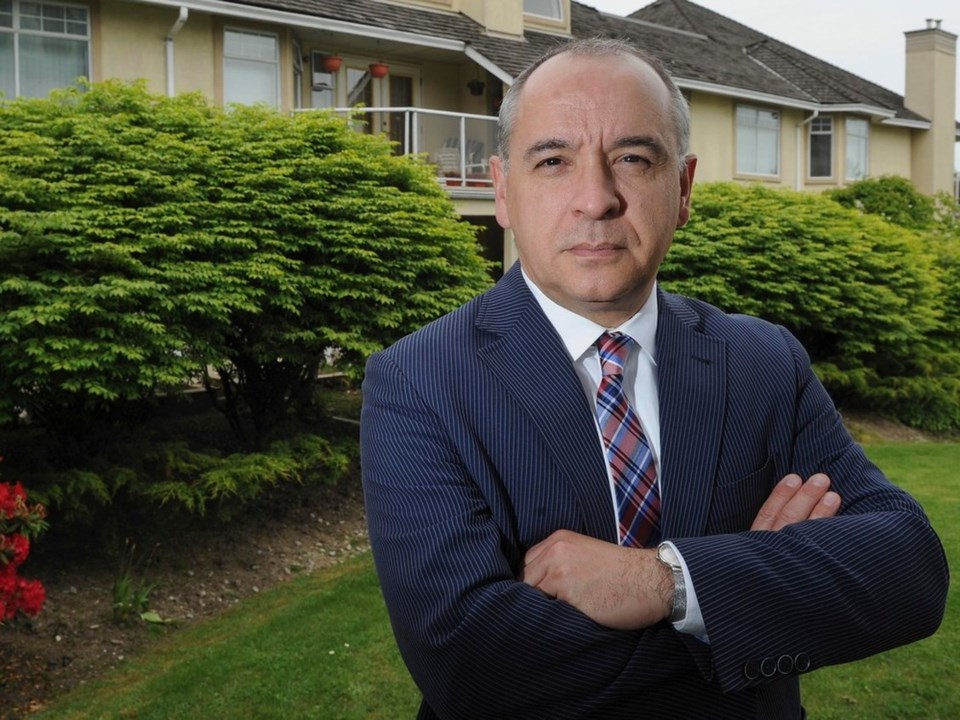Some strata corporations are taking advantage of a loophole in the new law prohibiting rental bans by converting to seniors-only or 55-plus buildings.
However, Housing Minister Ravi Kahlon insists it’s not a loophole and it may be good news for seniors looking for places to rent.
In an effort to boost housing supply, Premier David Eby announced in November that new legislation would prohibit stratas from restricting rentals or imposing 19-plus age restrictions that can force out young families when they have a child.
The exception is that buildings can maintain “seniors only” or 55-plus rules, which Eby said will ensure seniors have enough housing options.
After the law took effect Nov. 24, some strata councils took a “knee-jerk reaction right out of the gate” and began the process of switching to 55-plus status, said Victoria realtor Tony Zarsadias.
Seniors-only building are not allowed to prohibit rentals but the changes would limit the pool of renters to those 55 and older.
About 20 stratas in Victoria “had come out right away looking to potentially change their strata bylaw to 55-plus,” said Zarsadias, CEO of Island Realm Real Estate.
However, he’s been told several of those strata councils reversed course when they were warned that such a change could hurt property values or owners’ ability to sell units.
“The more restrictions, the lower the value,” Zarsadias said.
Tony Gioventu, executive director of the Condominium Home Owners Association of B.C., said while he doesn’t have an exact figure, he’s surprised at the number of strata corporations large and small that have already moved to 55-plus or are in the voting process.
Kahlon said he’s aware some strata corporations are considering changing their bylaws to 55-plus, but stressed that doesn’t mean they can shut out renters.
“There’s a lot of people 55 and over that are looking for places to rent,” he said. “We have an aging population, so that pool is ever-growing. And those folks can still find opportunities to rent in those buildings if they choose to go there.”
Kahlon said the government is monitoring for any unintended consequences of the Strata Property Act, but no immediate changes are being considered.
“I think that the fear [of renters] is a little bit over overblown by some stratas,” he said. “What they’ll find is when they have people coming in and renting, it’s OK. Having young families in your building is OK.”
Wendy Wall, president of the Vancouver Island Strata Owners Association, said there’s been a “strong reaction” from strata corporations about how quickly the legislation was passed.
“A lot of strata councils felt like their rights to self-governance had been yanked away from them,” she said.
Wall said many strata councils that are switching to 55-plus already had some age restrictions in place, such as adults only, but are now raising the age threshold to seniors only.
Eby has said the changes would turn thousands of empty units into homes for renters.
There are approximately 2,900 strata units that are empty because of rental restrictions, based on the number of owners who applied for exemptions to the speculation and vacancy tax. Another 300,000 units were previously covered by some sort of rental restriction, which in some stratas limited the number of units that could be rented out.
Gioventu said the government has falsely touted the legislation as a way to open up affordable rental units in strata buildings.
“I don’t think there are a lot of seniors looking for rentals in condos because condo rentals are not what you call affordable housing,” he said. “Condo rentals are not affordable housing because they start around $2,000 a month.”




